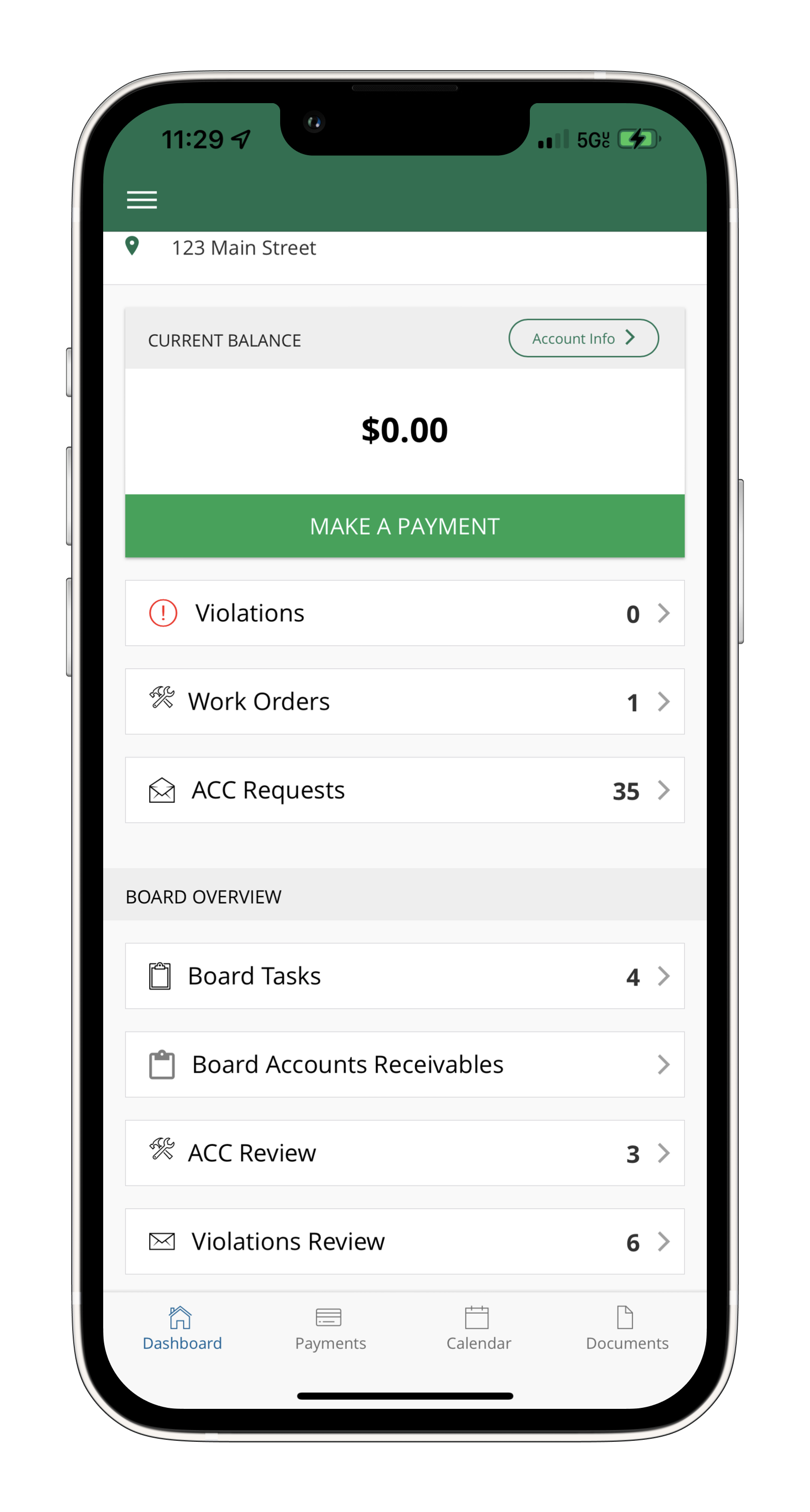


How Are My HOA Assessments Being Spent?
January 1, 2019


Why Compliance is a Smart Strategy to Protect Property Values
January 16, 2019Accruals, IRS forms, and more!
Besides closing out the books for 2018, HOA accountants perform some other important tasks to keep your financials in good order and keep your HOA in compliance with federal regulations.
- Big deposits from assessment payments account for large cash flows. More than 95% of CMA clients have an assessment due date on January 1st. Accountants monitor association bank accounts so that they don’t exceed the FDIC limit of 250k per institution. When payments come in, CMA transfers funds to interest bearing accounts. CMA staff open an additional association account with a different bank in order to stay under the FDIC limit.
- It’s also time to accrue for Federal Income Tax based on the investment income earned during 2018. CMA accounting calculates the estimated amount that needs to be accrued. The association’s tax preparer calculates the final tax amount when the taxes are actually filed and reports the amount to accounting. The accrued dollar amount should cover the tax!
- Accountants try to fully accrue for all expenses to limit audit entries down the road. For example, they typically make sure landscaping, pool contracts, security and all utilities are accrued. They also inspect invoices to spot items covering work/service performed in 2018 that must be paid in 2019.
- All of the budgets that our managers produce and Boards approved are reviewed and imported into our financial management system so that the data is up to date for the new calendar year.
- All associations are required to file 1099s and the associated 1096 with the IRS by January 31 of each year. And guess who reviews and prints those forms to be mailed to vendors and the IRS? Our accounting team!
Isn’t it great to have a management company that handles these details for you?


Karyn Bradley
CMA Controller







